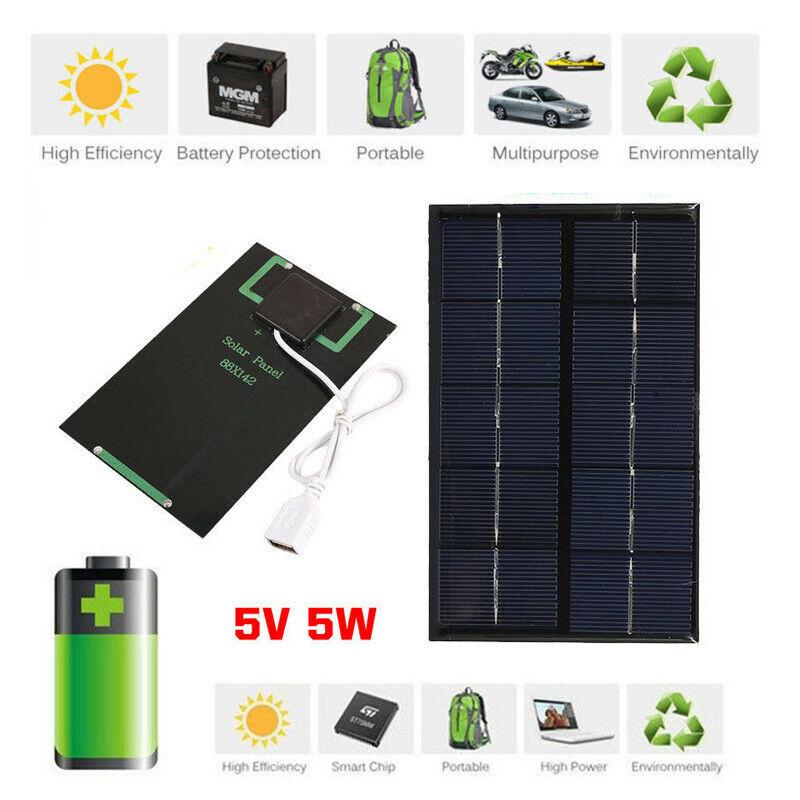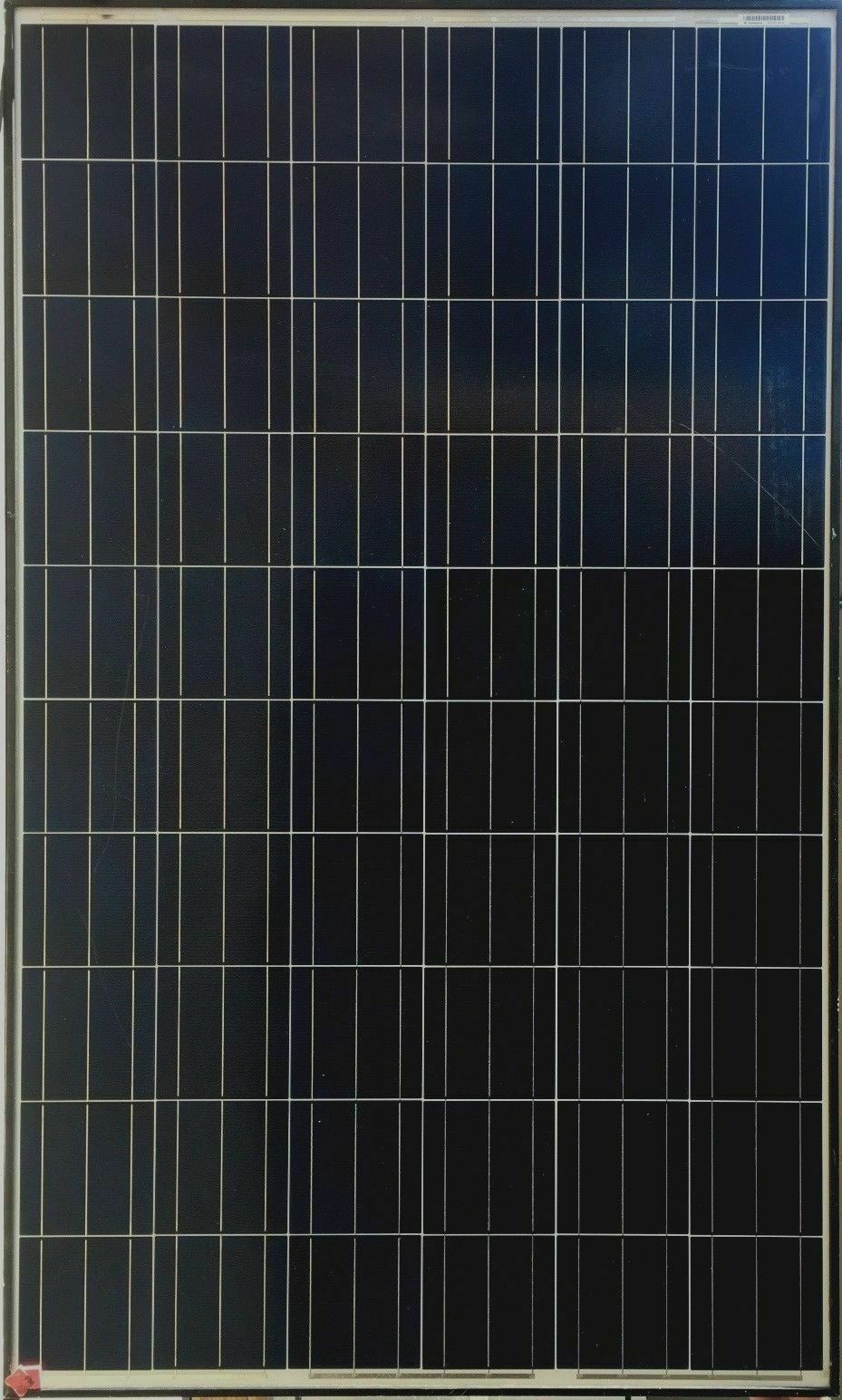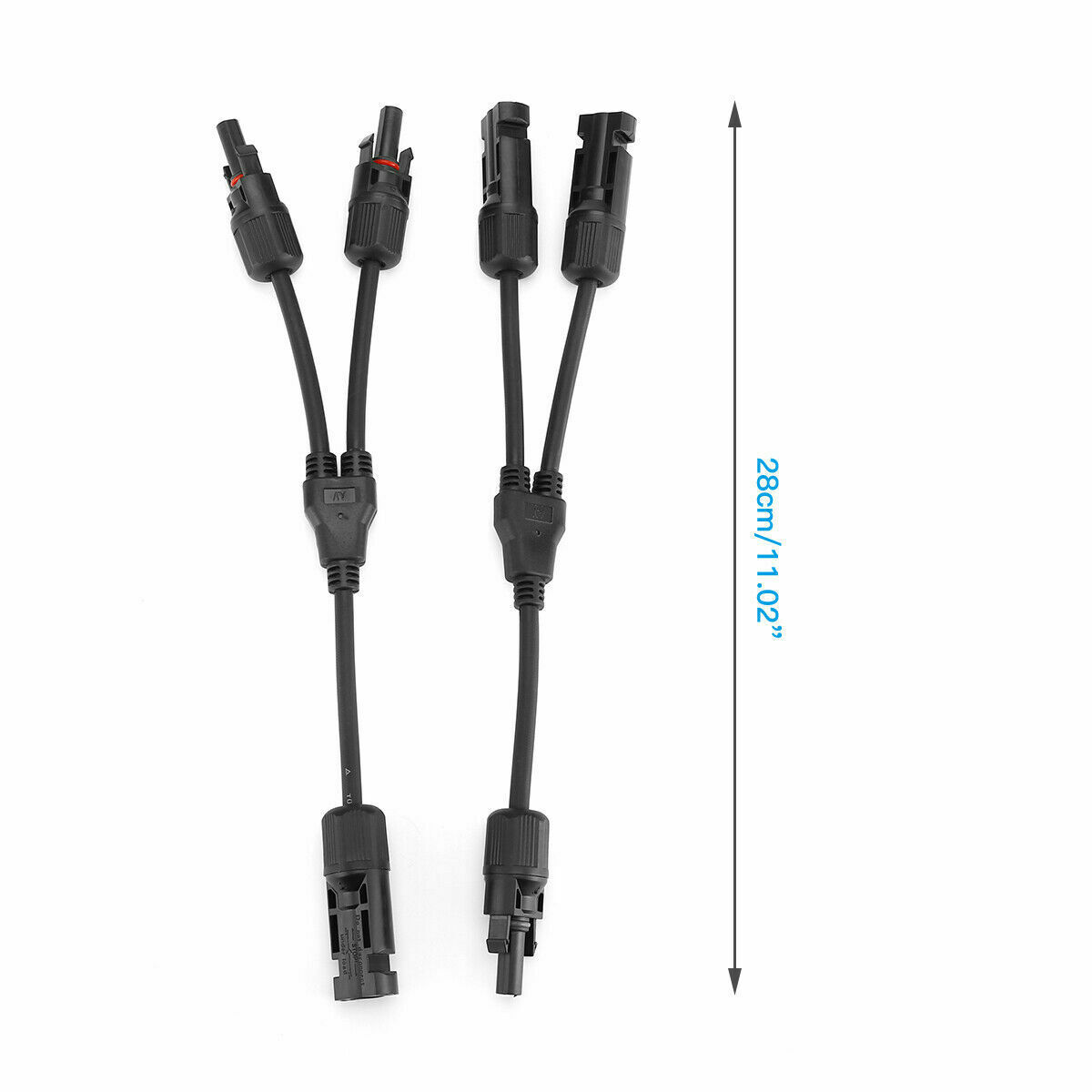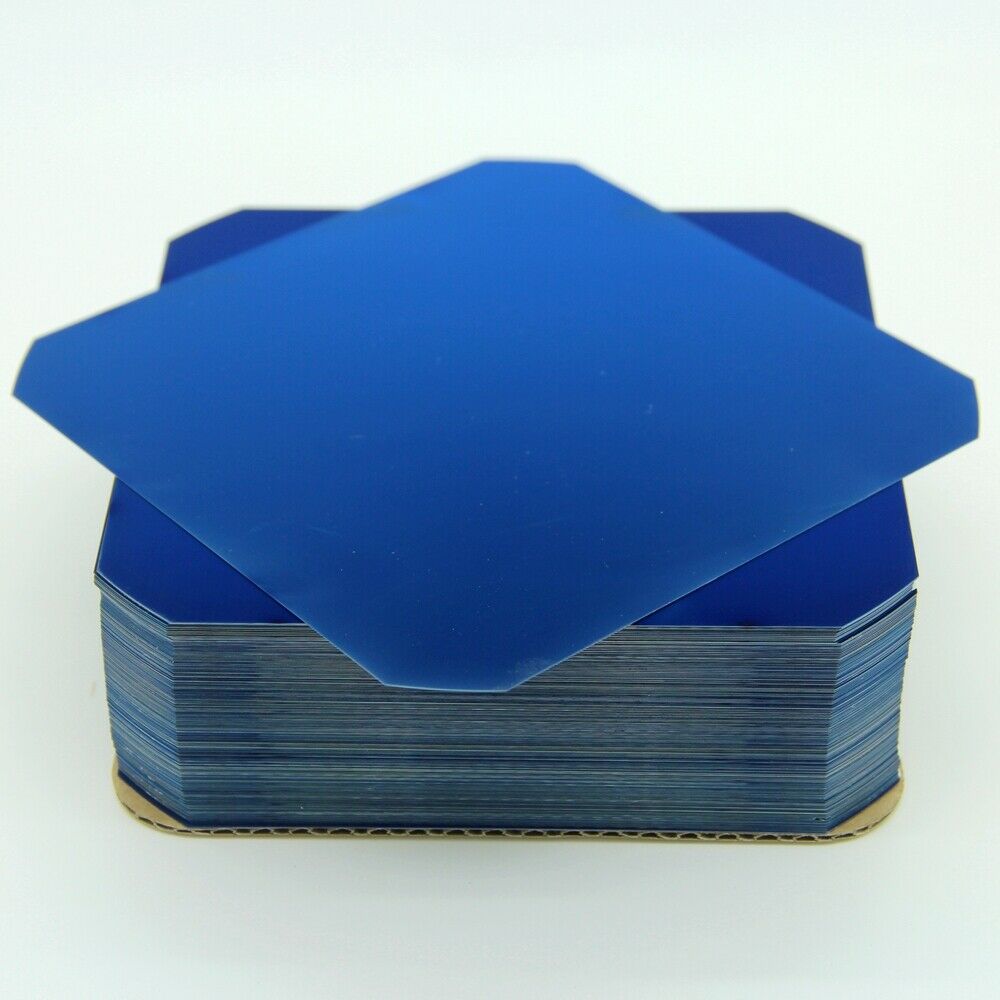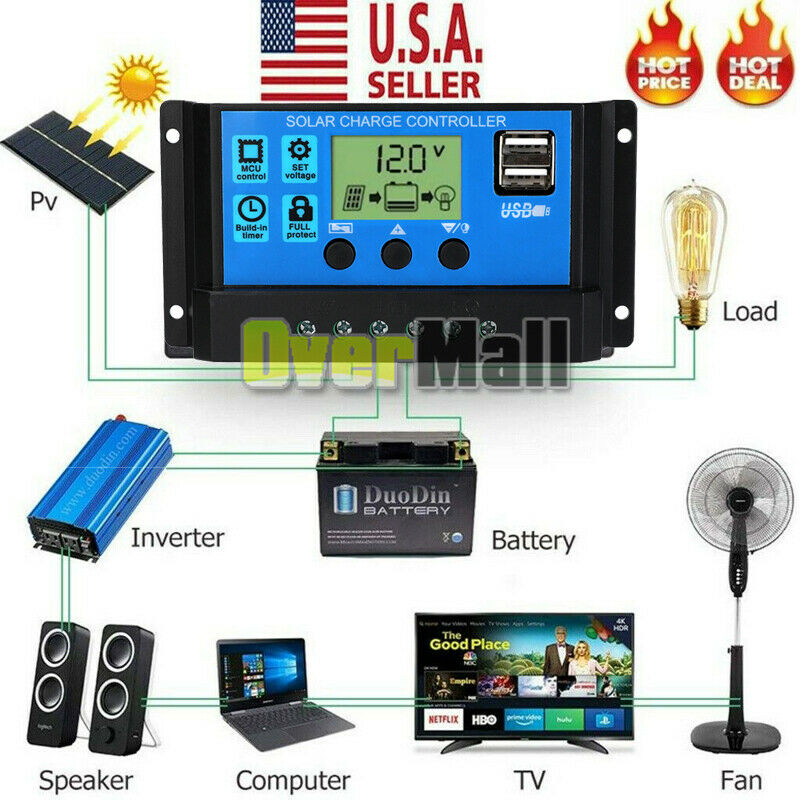-40%
1 SOLAR PANEL Sunstream 5V/3W w/USB connection for DIY or cell phone charge
$ 4.75
- Description
- Size Guide
Description
DIY Sunstream 1 SOLAR PANEL RARE BLUE 5V 3W with USB connection . Condition is New.Solar panels covered in Plexiglas
Bought them to build some solar panels and move to an apartment where I no longer can use solar panels.
I have many of these panels. Message me if you need more
The solar cells are already covered so the tough job is done.
The tabs are already connected to the USB connection.
Also great to teach kids about solar power
USA made cells and panels
I have a large number of pannels, contact me for larger quantities
33 panels in parallel create a 100 watts panel with a 5 volt output
99 panels in parallel create a 100 watts panel with a 15 volt output
How to connect Solar Panels in series or in parallel
SERIES
When solar panels are wired in series, the voltage of the panels adds together, but the amperage remains the same.
So, if you connect two solar panels with a rated voltage of 40 volts and a rated amperage of 5 amps in series, the voltage of the series would be 80 volts, while the amperage would remain at 5 amps.
Putting panels in series makes it so the voltage of the array increases. This is important, because a solar power system needs to operate at a certain voltage in order for the inverter to work properly.
PARALLEL
Wiring solar panels in parallel causes the amperage to increase, but the voltage remains the same.
So, if you wired the same panels from before in parallel, the voltage of the system would remain at 40 volts, but the amperage would increase to 10 amps.
Wiring in parallel allows you to have more solar panels that produce energy without exceeding the operating voltage limits of your inverter. Inverters also have amperage limitations, which you can meet by wiring your solar panels in parallel.




